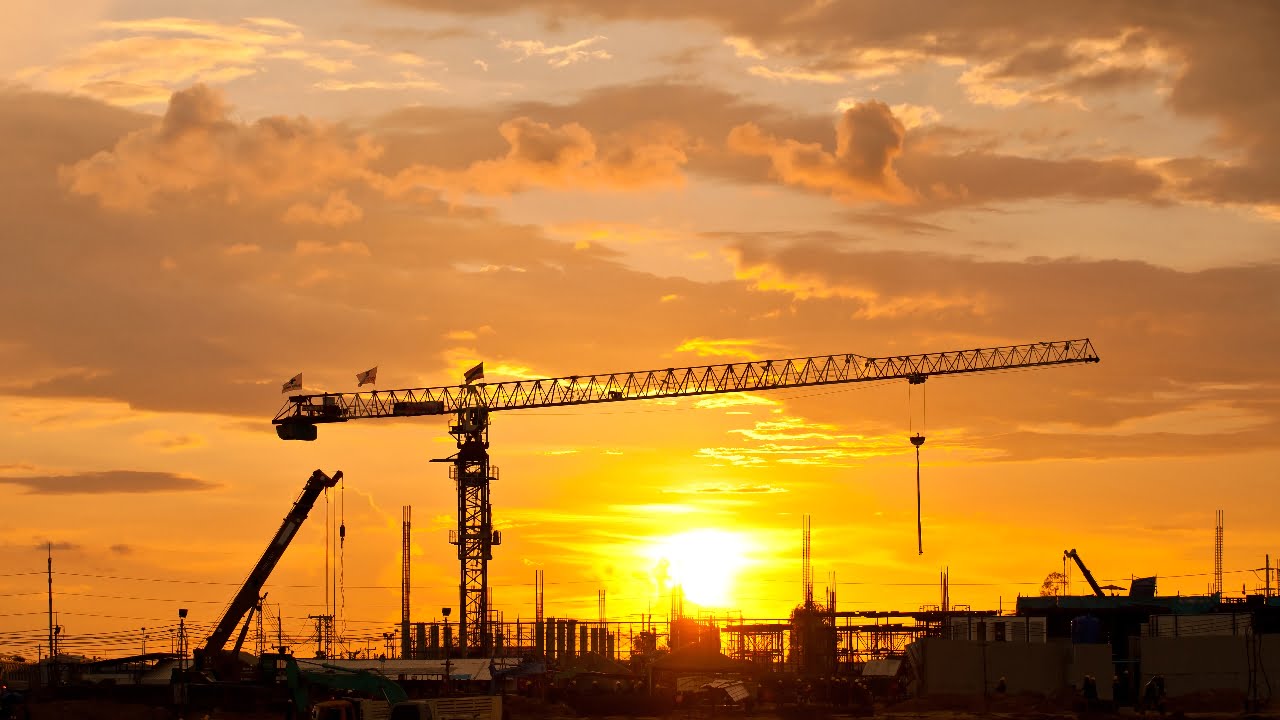This question is challenging employers, contractors and sub-contractors up and down the country. It is business as usual for most (pending further Government guidance) whilst some construction companies have decided to temporarily close.
There are calls from representative bodies in the Construction industry for the Government to define what work is ‘essential’ and ‘not essential’.
During this period of uncertainty, the Construction Industry Council (“CIC”) has published the following non-exhaustive (but substantial) list of critical activity that ought to continue for issues of public safety.
- Make good unsafe buildings/dangerous structures –District Surveyors need powers to instruct emergency work to be done to make them safe if any occur – and a hastily abandoned site might just lead to a dangerous structure occurring.
- Structural inspections for subsidence / movement to determine risk
- Structural and roofing problems, loose tiles/chimney stacks, weathering
- All general building control work (both LABC and AIs) for nationally important buildings / facilities, e.g. NHS estate, GPs, etc.
- Drainage works / maintenance etc – important to avoid any increased public health problems in this respect
- Fire safety inspections
- Requirement for maintenance of fire protection systems and equipment to meet Fire Safety legislation – even if buildings are not occupied.
- Ongoing need for Fire risk assessments, both to meet legislation and new circumstances in buildings.
- Remedial work required to remove unsafe ACM cladding etc.
- Glazing replacement
- Locksmithing / lock replacement
- Gas safety work/ Suspected gas leaks
- Electrical safety work/ Electrical failures
- Flood remediation (especially to homes hit by recent floods)
- Plumbing and heating failures including loss of heating/condensation problems/hot water services
- Emergency Leaking/ flooding
- Health risks associated with blocked drainage/sewerage systems
- Water companies – remedial / emergency work to buildings and assets that are crucial to the supply of clean water,
- New or business/safety critical maintenance work on establishments which are involved in supply chain of vital NHS equipment (for example where manufacturers are building units to make ventilators),
- Factories that are making anything required to combat the virus (e.g. a new hand sanitiser factory is under construction);
- Food supply chain – essential new builds or maintenance on existing buildings
- Extra warehouse space for food distribution by online platforms (to cope with massively increased demand)
- New or business/safety critical maintenance work on establishments which are involved in supply of medicines,
- Essential maintenance on morgues, funeral parlours, and crematoriums
- Essential maintenance and remediation across the health sector
- Installation/maintenance technicians providing services to key sectors – health, power etc?
- Emergency callouts, safety checks and essential work in care homes?
- Ongoing supervision and security measures.
- Sites where anti-terrorism considerations need to take precedence over other concerns – eg Palace of Westminster.
- Urgent works on emergency service properties other than health – police, fire, for example?
- Unsafe infrastructure – if a lorry strikes a bridge during the shutdown, for example, then work may be needed to make safe the affected structure.
- Bridge inspection and maintenance
- Dam inspection and maintenance
- Maintaining key national infrastructure: power stations and grid, motorways, railways, utilities etc.
- Repair and maintenance of telecommunications, energy waste and water – these are vital to work from home
- R&D facilities, where related to vaccine development or virus treatment
- Work on factories that make materials that are vital to all elements on this list.
As noted by the CIC, this list is non-exhaustive.
Indeed, the CIC identifies that there will be will be other safety-critical work that needs to be added to this list. In contrast, the CIC identifies that there will be non-essential construction work including, for example, office accommodation and leisure facilities.
Where sites remain open, the message from the Construction Leadership Council (“CLC”) is that workforces at sites which remain open must be protected and the risk of spread of infection minimised.
The CLC has published Site Operating Procedures in order to implement the Government’s social distancing recommendation. This can be downloaded here.
Our recommendation remains that employers and contractors should co-operate with each other at this unprecedented time.
Parties to construction contracts should hold (and continue to hold) sensible and pragmatic conversations about whether it is possible (or not) to carry out work on site safely and in accordance with the Government’s directions and advice.
In addition to following the advice of Public Health England, for sites that remain open, it is important to ensure that contemporaneous records are taken of progress at the site. This should additionally record the impact of COVID-19 on progress.
For sites that are closed, appropriate security measures should be put in place during the period of closure.
For further information contact Mark London, Matthew Cocklin, or Asif Patel.
